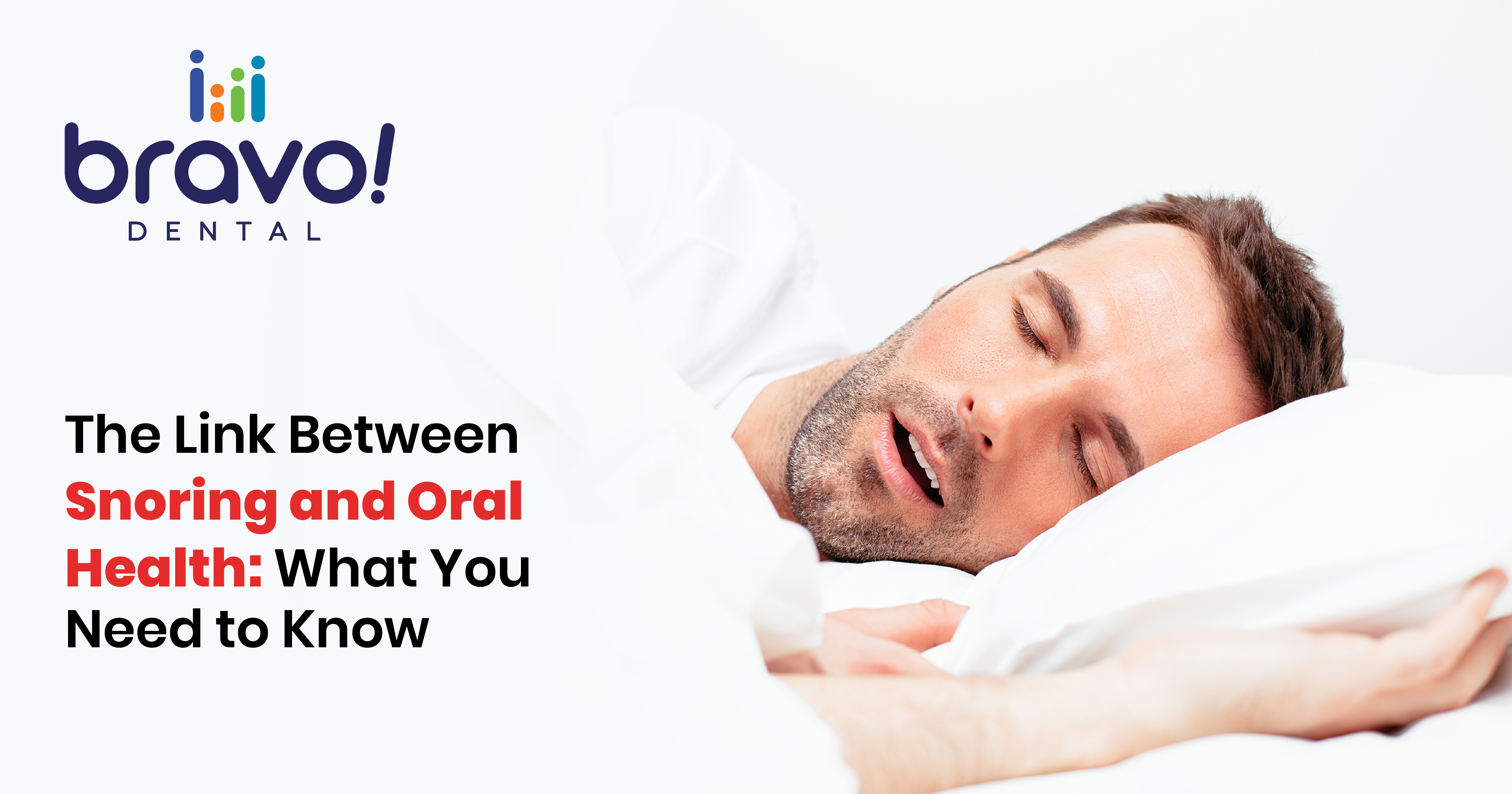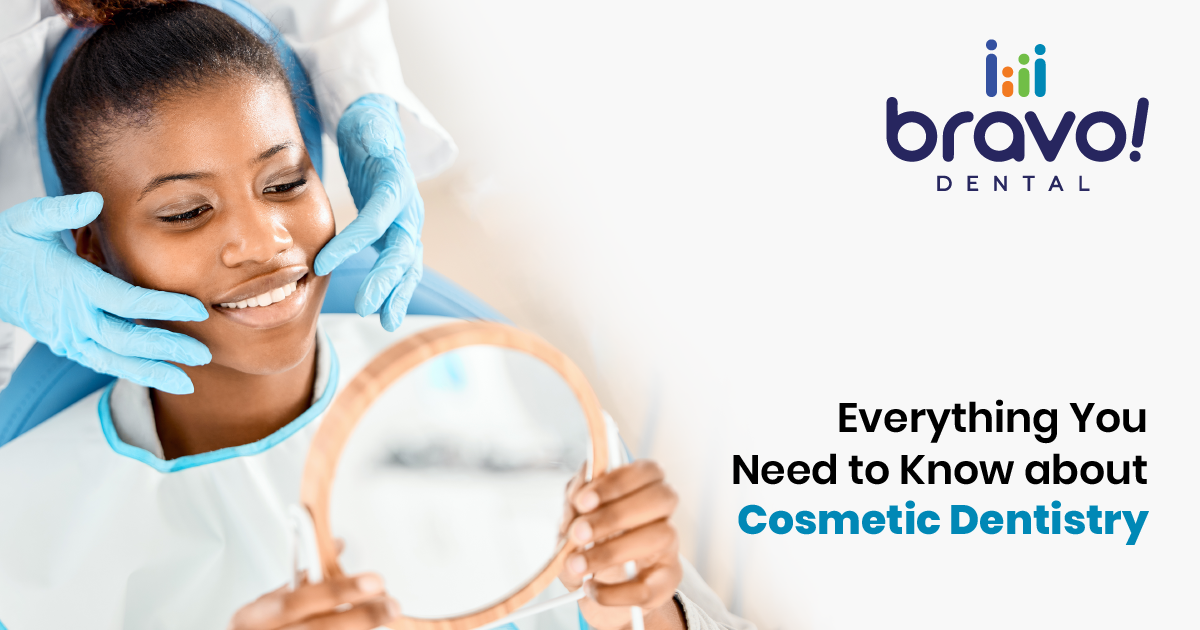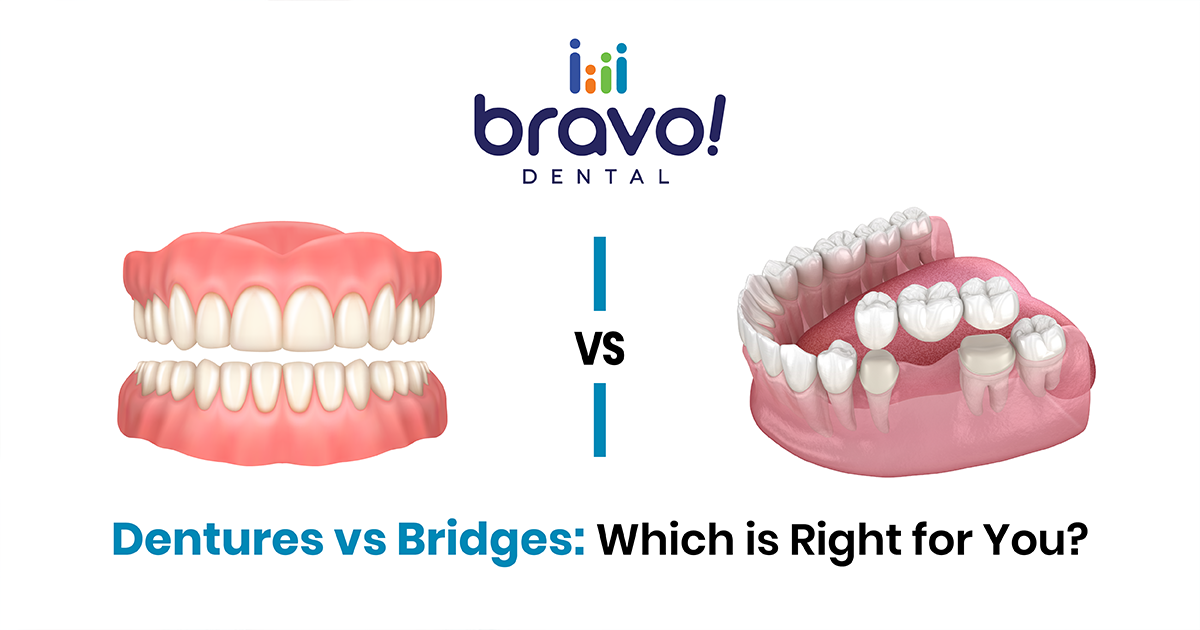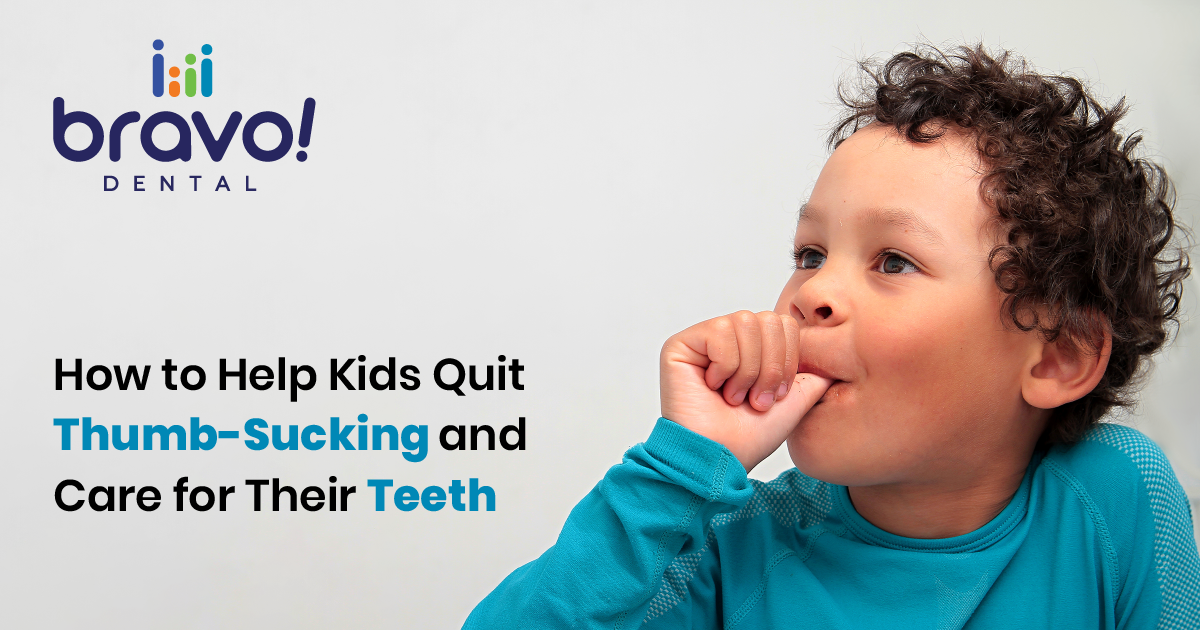
The relationship between snoring and oral health is more significant than most people realize. Understanding this connection can help you address your snoring problems and prevent potential oral health complications.
Understanding Snoring
Snoring occurs when the flow of air through the mouth and nose is partially obstructed during sleep, resulting in vibrations of the tissues in the throat. While occasional snoring may be harmless, chronic snoring can indicate an underlying health issue.
Common Causes of Snoring
Several factors contribute to snoring, including:
1. Obesity: Excess weight can accumulate fatty tissue around the neck, narrowing the airway and increasing the likelihood of snoring.
2. Sleep Position: Sleeping on your back can cause the tongue and soft tissues in the throat to collapse backward, obstructing the airway and causing snoring.
3. Alcohol Consumption: Alcohol relaxes the muscles in the throat, increasing the likelihood of airway obstruction and snoring.
4. Nasal Congestion: Conditions such as allergies or sinus infections can restrict airflow through the nose, leading to mouth breathing and snoring.
5. Enlarged Tonsils or Adenoids: In children, enlarged tonsils or adenoids can obstruct the airway during sleep, causing snoring.
6. Smoking: Smoking irritates the tissues in the throat and can lead to inflammation, increasing the risk of snoring.
The Oral Health Connection
While snoring itself may not seem directly related to oral health, it can be a symptom of various oral issues:
1. Obstructive Sleep Apnea (OSA): OSA is a serious sleep disorder characterized by repeated pauses in breathing during sleep. OSA is also associated with oral health problems such as tooth grinding (bruxism) and temporomandibular joint disorder (TMJ).
2. Dry Mouth: Mouth breathing, which often accompanies snoring, can lead to dry mouth. Chronic dry mouth increases the risk of tooth decay, gum disease, and oral infections.
3. Gum Disease: Studies have shown a correlation between gum disease (periodontitis) and sleep-disordered breathing. Chronic inflammation from gum disease can exacerbate snoring and sleep apnea.
4. Teeth Grinding: Teeth grinding or clenching is the body’s natural response to a blocked airway during sleep. It puts excessive pressure on teeth, leading to wear, cracks, and jaw pain.
Tips for better sleep and oral health
If you suspect snoring is affecting your sleep or oral health, a two-pronged approach can help:
- Consult a dentist who can examine your mouth for signs of teeth grinding or dry mouth. They will recommend treatments like a custom-made nightguard or discuss options for increasing saliva production.
- Brushing twice daily and flossing regularly removes bacteria and promotes saliva production.
- Drinking plenty of water throughout the day keeps your mouth moist.
- Losing excess weight can reduce tissue around the airway.
- Elevate your head while sleeping to keep the airway open.
Conclusion
By addressing snoring and improving your oral health, you can enjoy a more restful sleep, fresher breath, and a healthier smile. Remember, a good night’s sleep is essential for overall health and well-being, so seek professional help from Bravo! Dental experts today.
happy to hear from you, contact us
Fill out the contact form below and Feel free to send any question or query.




